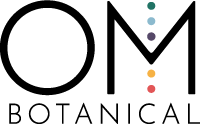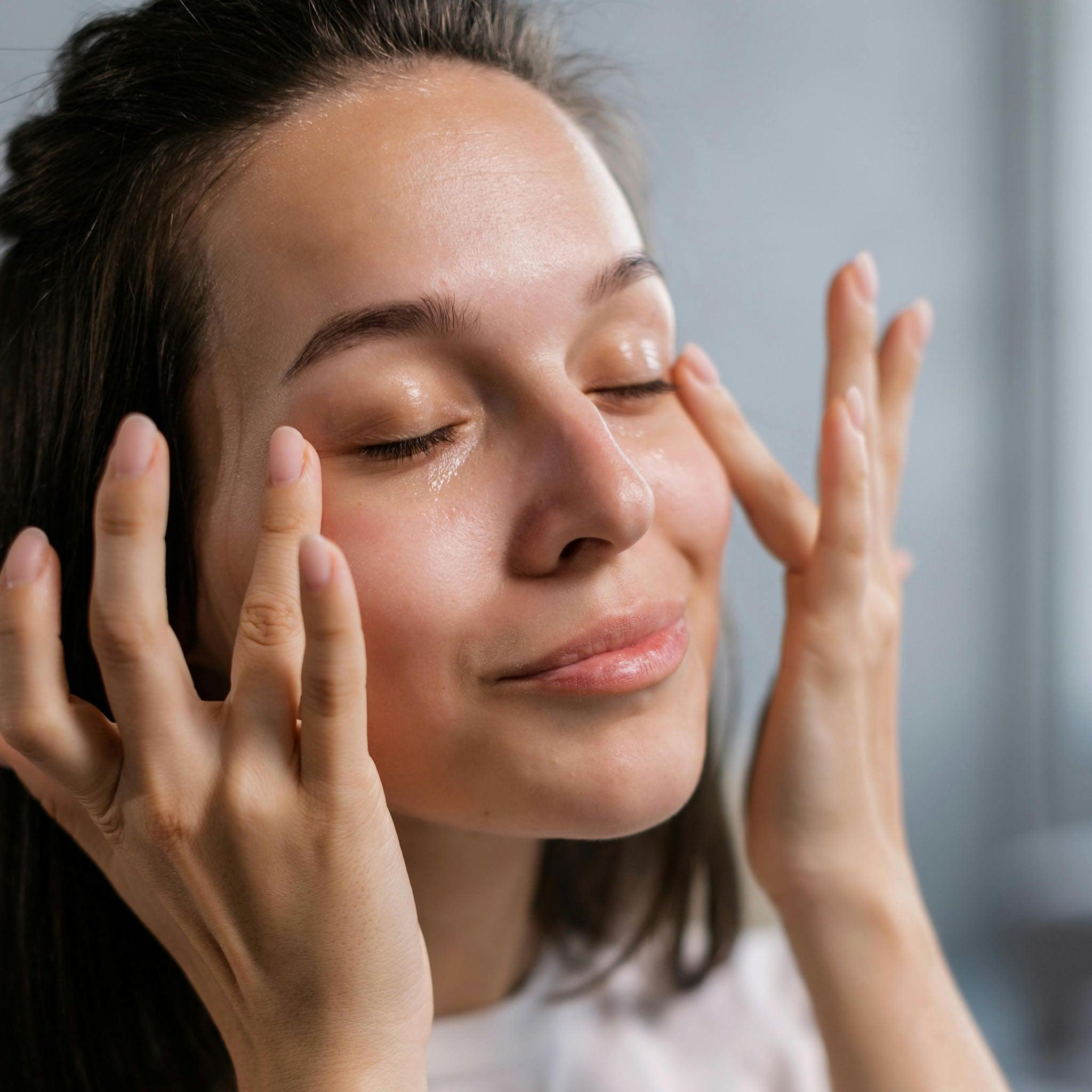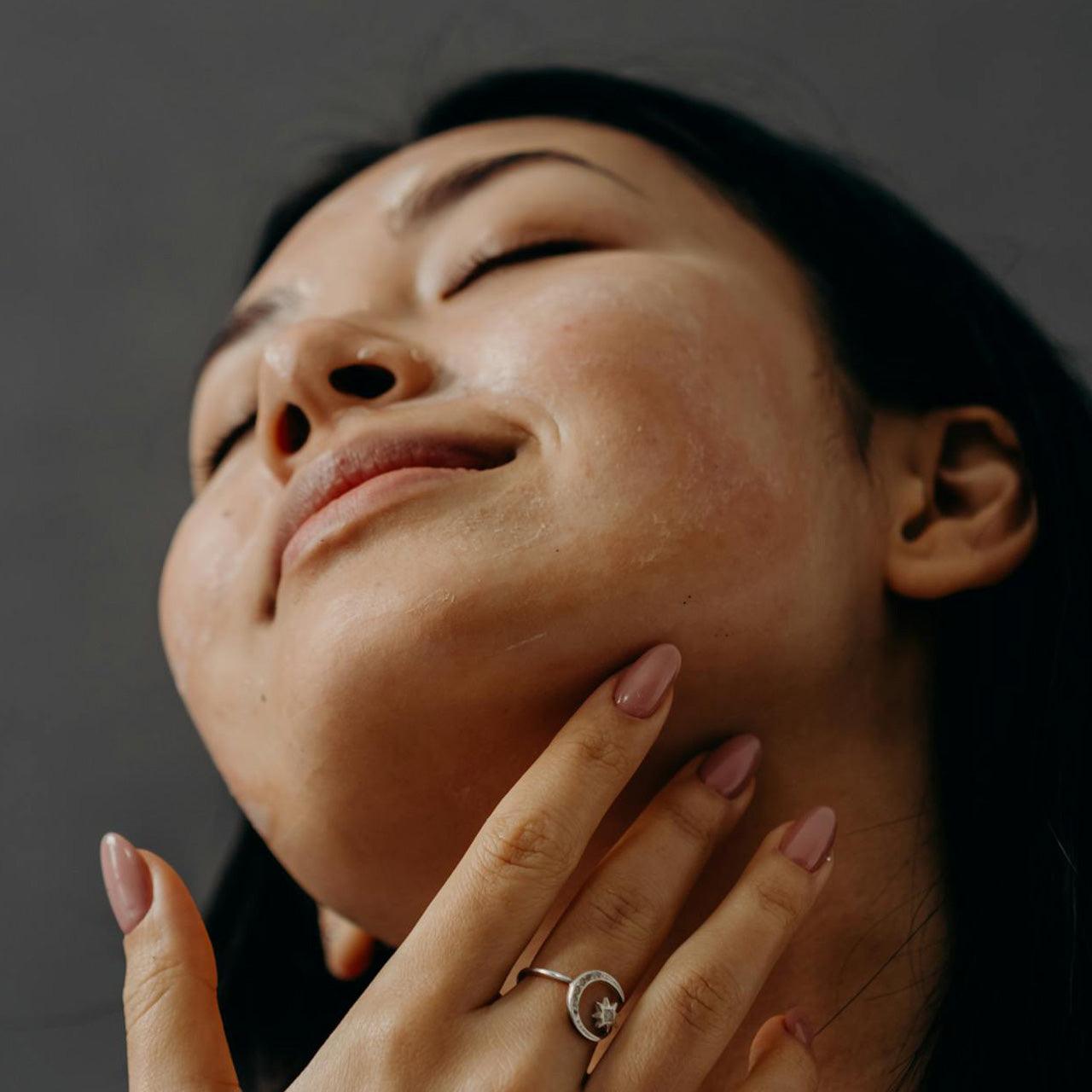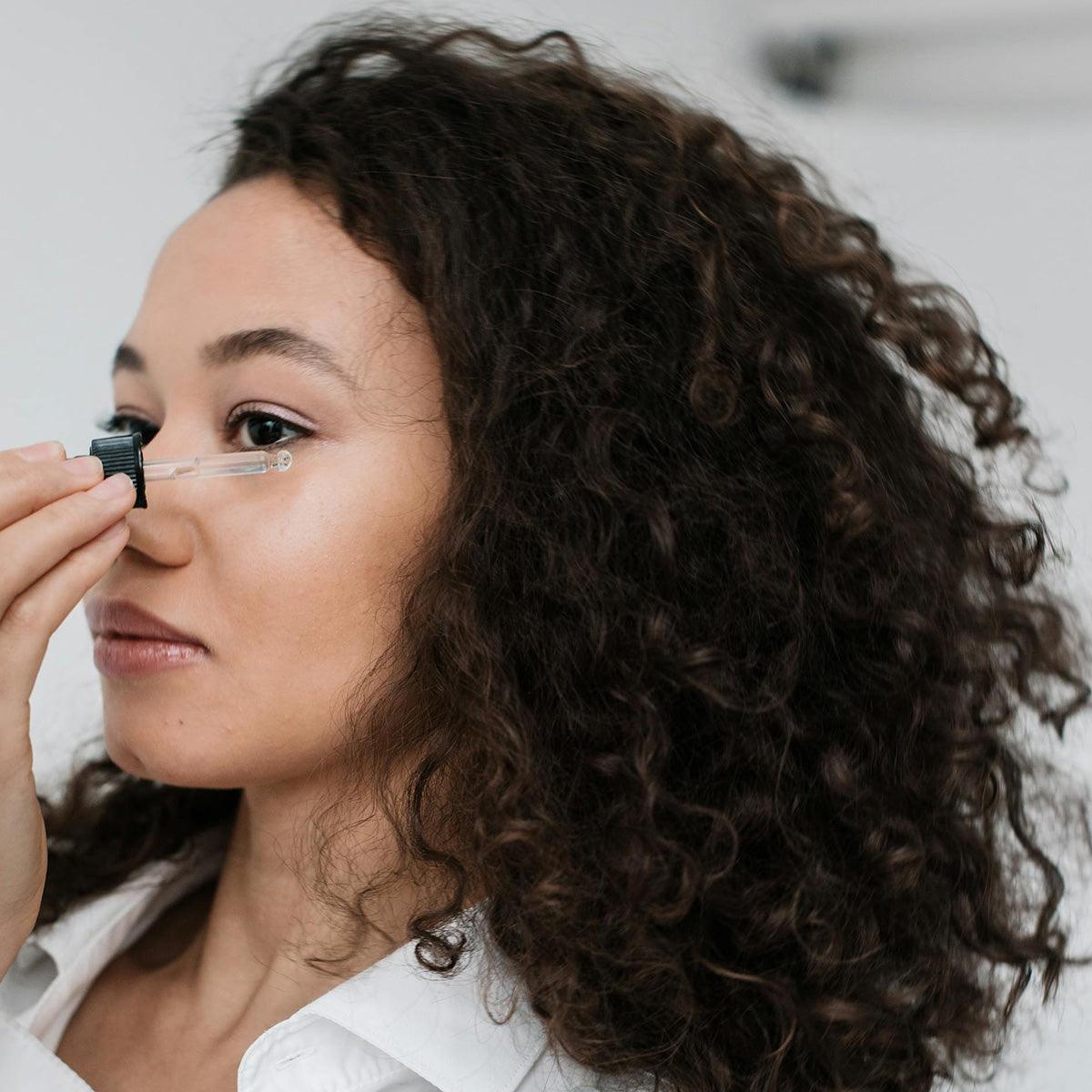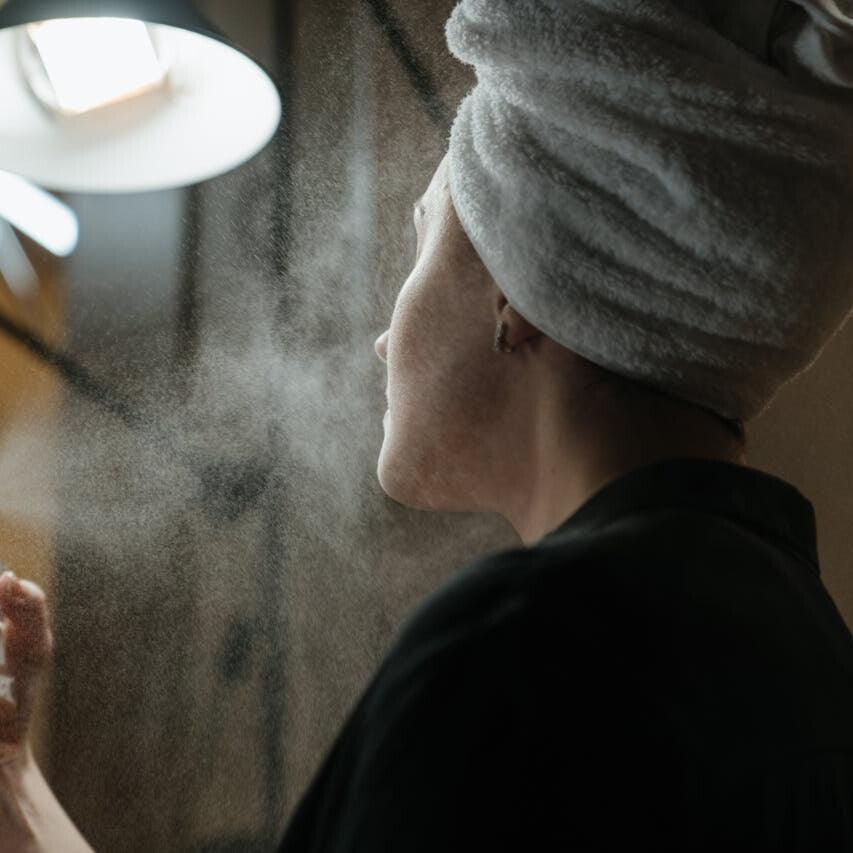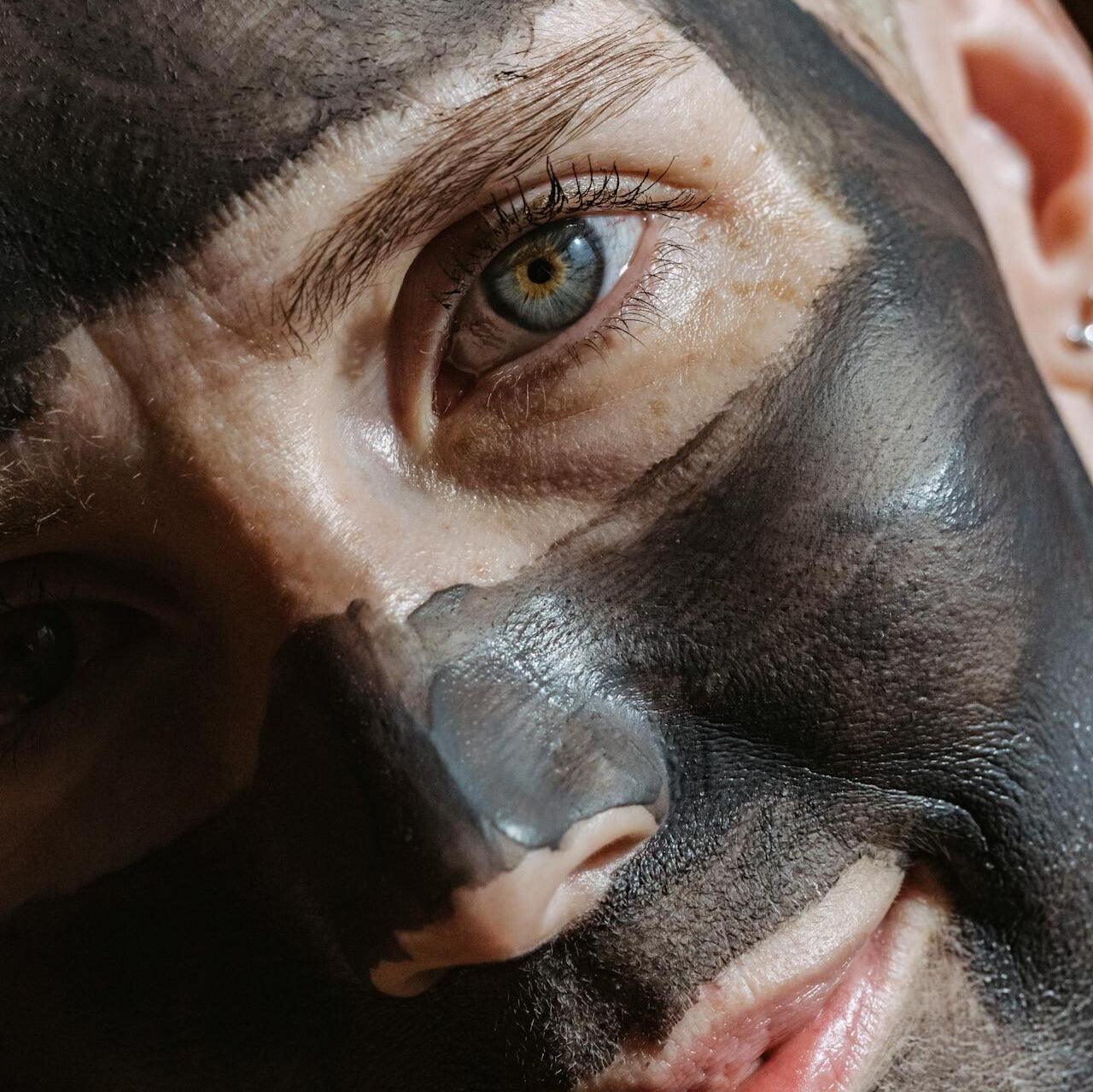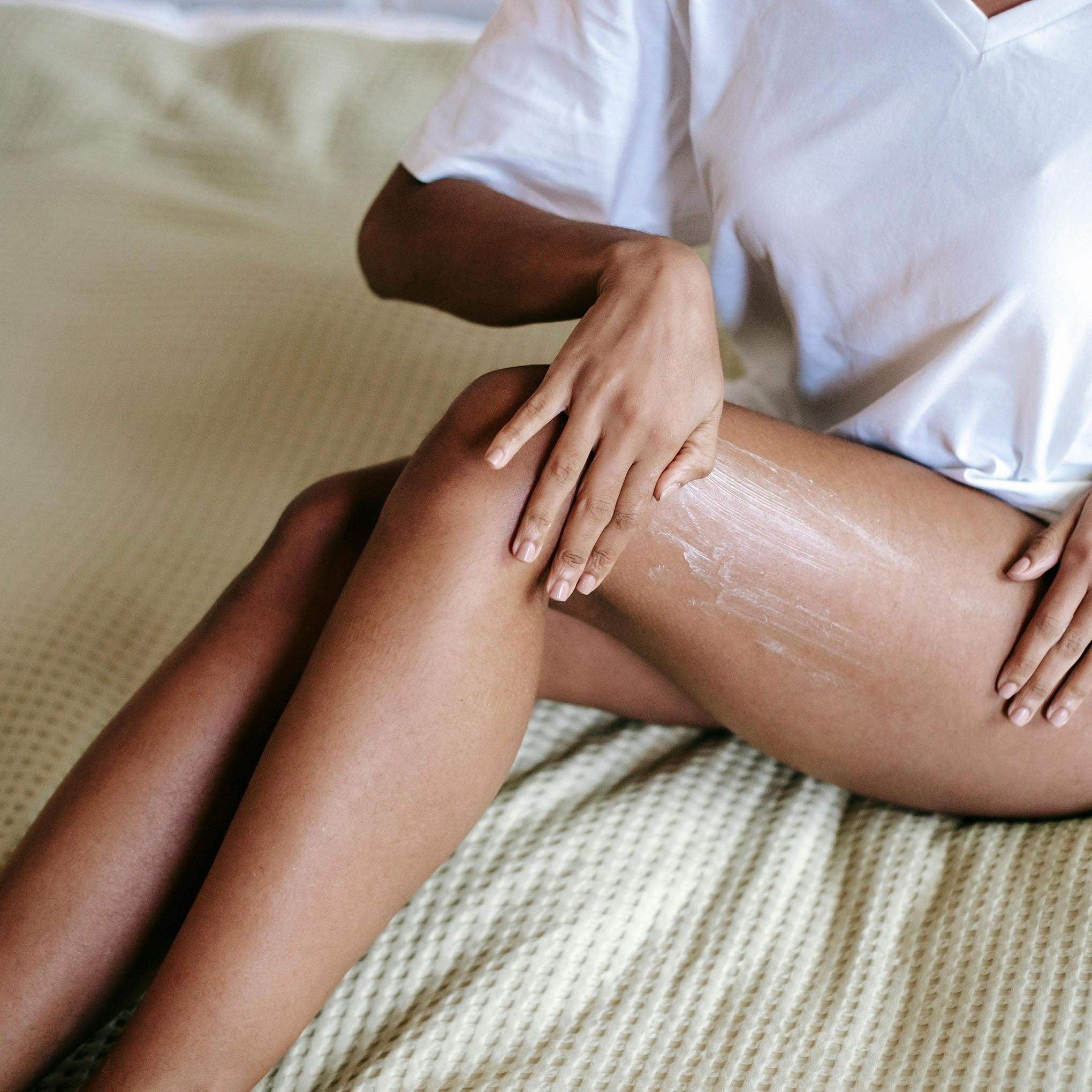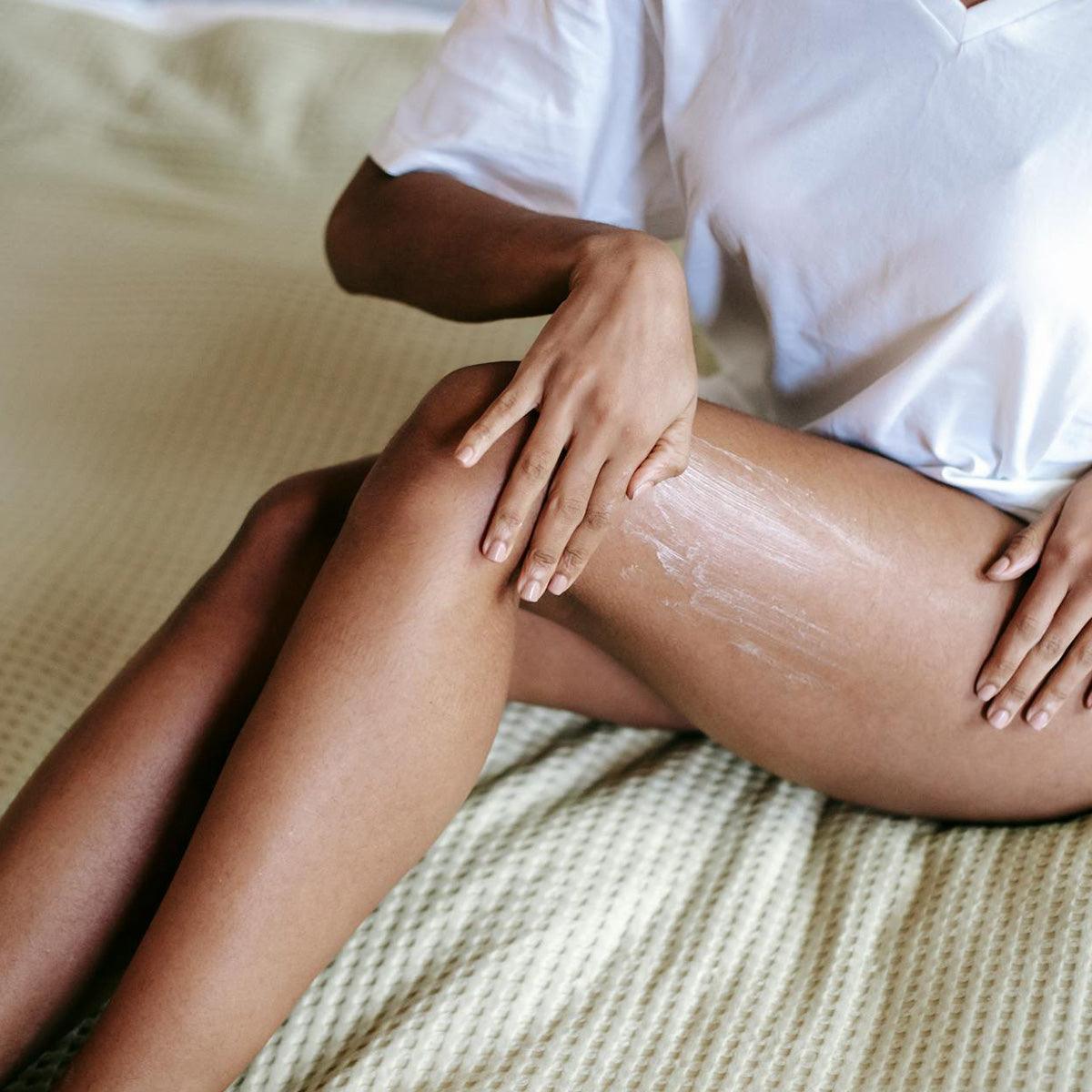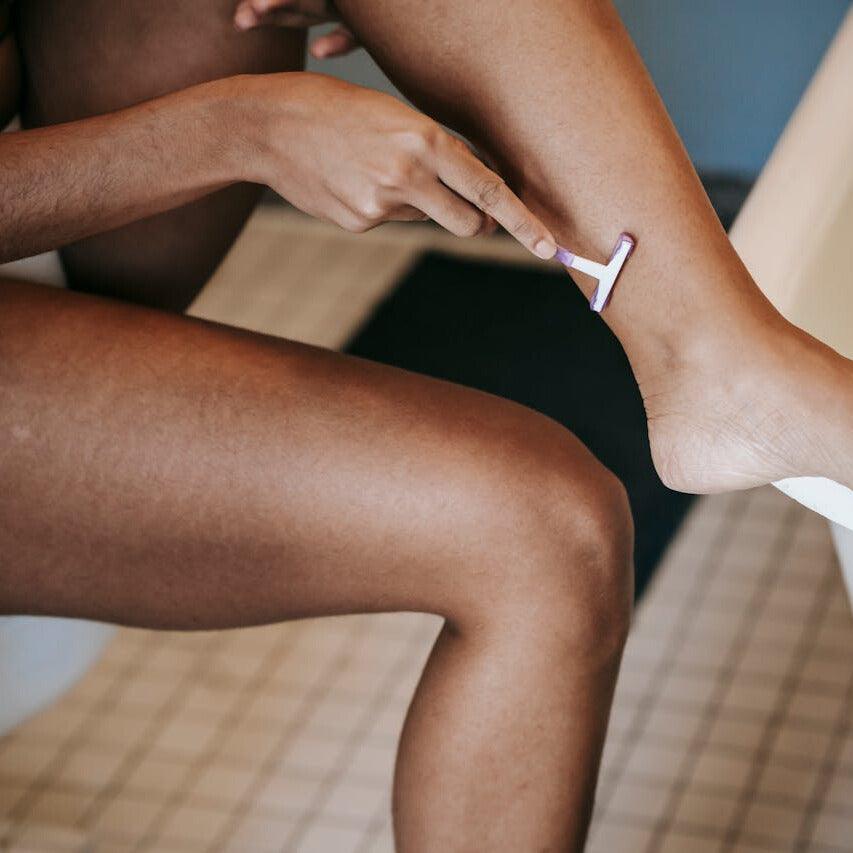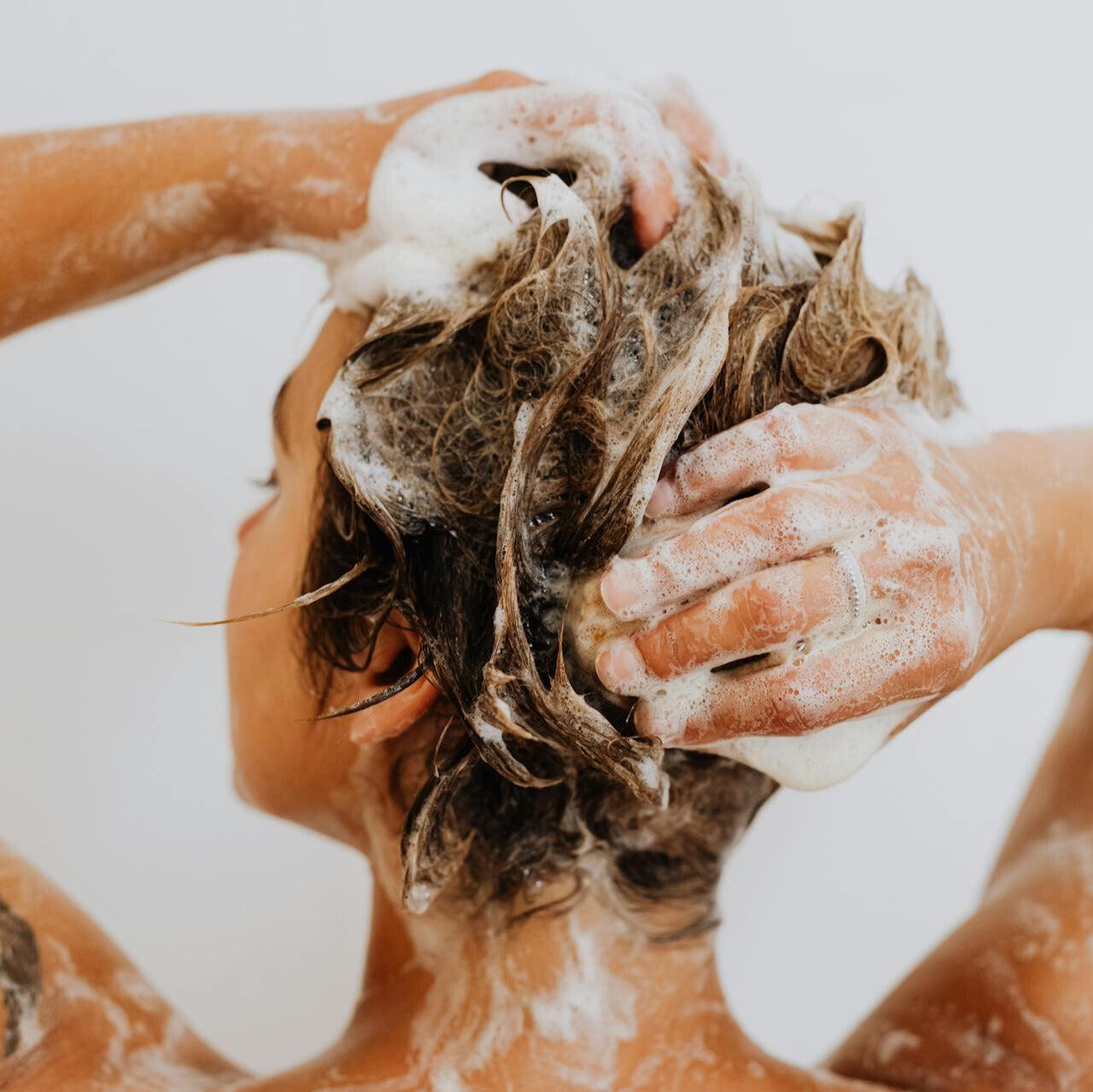Korean skincare has taken over bathroom counters worldwide, dazzling consumers with its designer ingredients, Instagram-worthy packaging, mass distribution and strong marketing. But before you drown your face in a 10-step routine, let’s take a closer look. Beneath the glossy surface, K-beauty has a few skeletons in its vanity cabinet—ranging from strong chemicals and impractical routines to sustainability nightmares and a carbon footprint the size of a small country.
So, is it time to break up with Korean skincare? Let’s dive in.
1. Harsh Chemical Ingredients: A Chemistry Experiment on Your Face
Many Korean skincare products market themselves as “natural,” but their ingredient lists tell a different story. Sure, there’s a drop of green tea extract in there—right next to a cocktail of unpronounceable chemicals. Some of the biggest offenders include:
-
Parabens (Butylparaben, Propylparaben, Methylparaben): These preservatives extend shelf life, but at what cost? Studies suggest they mess with your hormones. No thanks!
-
Sulfates (Sodium Lauryl Sulfate, Sodium Laureth Sulfate): They give you that foamy lather, but they also strip your skin’s natural oils like an overenthusiastic car wash.
-
Artificial Fragrances and Dyes: Ever wondered why your moisturizer smells like a tropical vacation? That’s synthetic fragrance, which can cause irritation and allergic reactions. Beauty shouldn’t come with a side of hives.
-
Phenoxyethanol: A preservative with potential neurotoxic effects—because nothing says “self-care” like putting brain-hazardous chemicals on your face.
-
Silicones (Dimethicone, Cyclopentasiloxane): They make your skin feel smooth, but in reality, they’re trapping dirt and oil like a plastic wrap.
2. American Skin vs. Korean Skin: You Might As Well Move to Seoul
Korean skincare is developed for Asian skin types and humid climates. That means most of these products focus on whitening (aka, bleaching) and some hydration. But let’s be real—if you live in Arizona, Minnesota, or anywhere outside of Seoul, your skin has different needs.
-
Whitening Agents (High-Dose Arbutin): Great if you want to bleach your skin. Not great if you don’t want your skin tone to look like a ghost.
-
Insufficient Hydration: If you live in a dry climate, then lightweight K-beauty gel moisturizer might not cut it. Your skin is begging for deep, nourishing hydration—not a glorified mist.
3. Ingredient Transparency: Can You Even Read That Label?
Ever tried decoding a K-beauty ingredient list? It’s like reading a foreign novel with no translation. Many Korean brands don’t follow the strict ingredient labeling standards required in the U.S. Some even slip in unapproved ingredients—because, surprise, what’s allowed in South Korea isn’t necessarily FDA-approved.
4. Sustainability? More Like Not Sustainability
Let’s talk about the eco-disaster that is the beauty industry. While sustainability is a growing trend, many K-beauty brands still rely on wasteful packaging, environmentally harmful ingredients, and energy-intensive production.
-
Plastic, Plastic Everywhere: Those cute pastel jars? Mostly plastic. And good luck recycling them.
-
Snail Mucin & Marine Extracts: Yes, snail slime. Not only does it sound gross, but the sourcing methods aren’t exactly kind to nature.
-
Carbon Footprint from Global Shipping: Think about this: Korean skincare products must travel thousands of miles to reach your bathroom. That means planes, ships, and trucks all burning fossil fuels—just so you can try the latest K-beauty trend.
5. The 10-Step Routine: Who Has Time for That?
K-beauty’s legendary 10-step skincare routine sounds luxurious… until you realize you’ve spent 30 minutes layering serums at 11 PM when all you wanted was to sleep.
-
Toner, Essence, Serum, Ampoule, Emulsion, Mask, Cream… Did we miss a step?
-
Overloading Your Skin: More isn’t always better. Using too many products at once can overwhelm your skin, leading to breakouts and irritation.
6. Allergy Roulette: What’s Hiding in Your Skincare?
Korean skincare loves to include exotic ingredients, which sound great until you realize your skin reacts like it just met poison ivy. Many of these ingredients aren’t dermatologically tested for diverse skin types, making American consumers the guinea pigs.
7. Animal Testing: A Not-So-Cute Reality
China is a huge market for South Korean cosmetics, where animal testing is required by law. That means fluffy bunnies might still be suffering for your skincare.
Why OM Botanical Is the Upgrade Your Skin Needs
OM Botanical skips the science fair experiment and keeps it simple: 100% natural, plant-based ingredients like organic aloe vera, time tested ayurvedic herbs, and cold-pressed botanical oils. No artificial nonsense—just good, clean skincare.
OM Botanical products are formulated for creating a perfect balance, whether you’re battling desert dryness or winter frostbite. No second-guessing—just effective hydration for wherever life takes you.
OM Botanical keeps it refreshingly simple: full transparency, clear labeling, and no mystery ingredients. You deserve to know exactly what’s going on your skin—without needing a PhD in chemistry (or Google Translate).
Sustainability at OM Botanical, is second to none:
-
100% sugarcane tube or glass for packaging (No plastic graveyard here!).
-
Made in small batches with 100% Plant-based, organic ingredients (Because fresh is better!).
-
Made in the USA to cut down on the carbon footprint (Your skincare shouldn’t have frequent flyer miles).
OM Botanical says less is more. Why use 10 products when one or two can do the job? Our multi-functional, plant-based formulas save you time and money—without sacrificing results.
OM Botanical ensures every ingredient is hypoallergenic, dermatologist-tested, and safe for sensitive skin. Because nobody wants surprise hives.
OM Botanical is 100% cruelty-free. No exceptions, no loopholes. Just ethical, effective skincare that keeps your conscience clear.
Let’s recap:
✔ 100% natural, organic, and plant-based formulas (No weird chemicals, just nature’s best!) ✔ Works for all skin types and climates (Your skin, your rules!) ✔ Transparent labeling and ingredient sourcing (No mystery potions here!) ✔ Sustainable, biodegradable, and eco-friendly (Because the planet deserves love too!) ✔ Simple, effective skincare without the 10-step madness (More time for sleep!) ✔ Cruelty-free and vegan-just like our founder (Because bunnies belong in fields, not labs!) ✔ Made in the USA, lowering carbon footprint (Less shipping, more sustainability!)
The Verdict: K-Beauty or OM Botanical?
Korean skincare has its moments, but between the chemicals, waste, and unnecessarily complicated routines, it’s time to rethink your skincare game. OM Botanical offers a smarter, cleaner, and more sustainable approach—because your skin (and the planet) deserve better.
So, are you ready to ditch the gimmicks and go 100% natural? Your skin will thank you!
